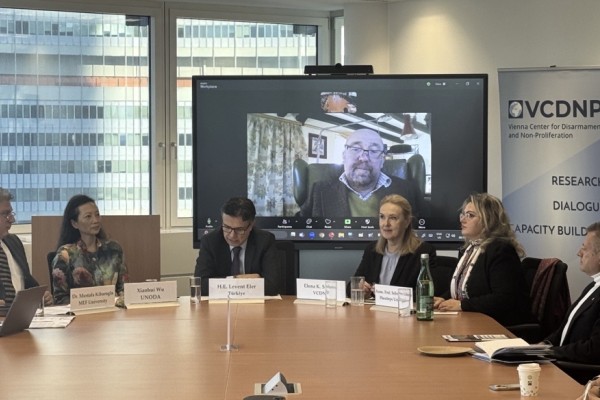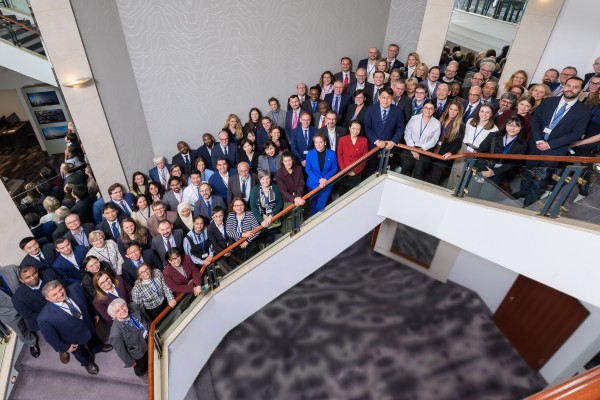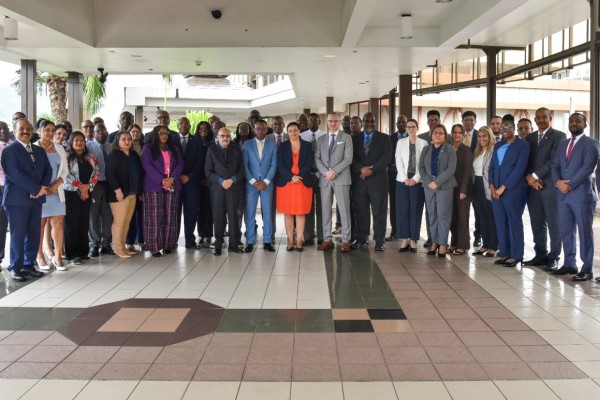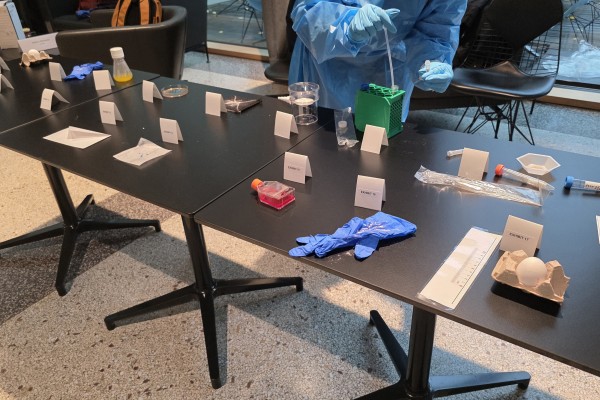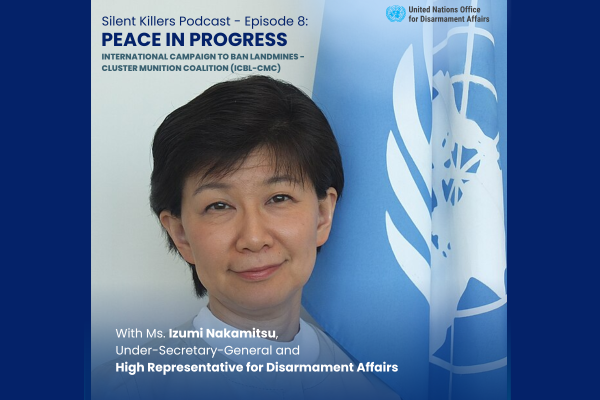National Workshop on the Implementation of the Biological Weapons Convention in the Republic of Moldova
From 3 to 4 September 2025, in Chisinau, Republic of Moldova, the Implementation Support Unit (ISU) of the Biological Weapons Convention (BWC) within the United Nations Office for Disarmament Affairs (UNODA) organized the first-ever national workshop on the implementation of the BWC in the country. The workshop was held in cooperation with the National Agency for Public Health (ANSP) and supported by the United Kingdom of Great Britain and Northern Ireland.
The purpose of the workshop was to deepen participants’ understanding of the Convention, rights and obligations of States Parties, and its effective implementation at the national level. The workshop also helped to share effective practices in preparing the annual Confidence-Building Measures (CBM) reports. The two-day workshop gathered 35 participants from multiple institutions in the Republic of Moldova, including national officials and experts in biosafety and biosecurity, public health, diplomacy, security, multilateral arms control and academia. Experts from Hungary and Ireland also participated, alongside representatives from the Food and Agriculture Organization of the United Nations (FAO), the International Centre for Genetic Engineering and Biotechnology (ICGEB), the World Health Organization (WHO) and the World Organisation for Animal Health (WOAH).

During the opening session, Dr. Angela Paraschiv, Secretary of State of the Ministry of Health of the Republic of Moldova, emphasized that “the importance of the Convention is growing in the current context, where rapid developments in the field of biotechnology can generate both benefits and risks. That is why the BWC is not only a prohibition treaty, but also a platform for international cooperation, transparency and confidence-building between States Parties. It provides the necessary framework for countries to collaborate peacefully in the field of life sciences, prevent misuse of scientific advances and respond in a coordinated manner to deliberate biological threats.”
Dr. Nicolae Jelamschi, Director of the ANSP underlined that “the National Agency for Public Health is fully committed to supporting the implementation of the Convention, in accordance with the mandate granted by the national legal framework. We are honored to host this event and to actively contribute, alongside international experts, to strengthening regional cooperation and institutional capacities in this field.”
In the course of the workshop, the Republic of Moldova informed participants about its current efforts to implement the BWC at the national level. The experts from Hungary and Ireland presented lessons and best practices in relation to implementing the Convention in their countries, thereby offering some practical suggestions for consideration by the Republic of Moldova.
The ANSP also facilitated a guided tour through the recently opened National Reference Laboratory for Genomic Sequencing. Moreover, experts from the Republic of Moldova, Hungary, the ICGEB and the ISU addressed the implications of advances in life sciences for the BWC in a panel session.


A tabletop exercise addressed CBMs in the framework of the BWC alongside related presentations by the Hungarian and Irish experts, which gave participants a better understanding of the preparation, importance and benefits of these reports for States Parties. Additionally, workshop participants also received information on regional and international assistance and cooperation activities to reinforce biosafety and biosecurity measures with potential opportunities shared by ICGEB, the WHO, WOAH and the ISU.

Additional information on the BWC is available here.
